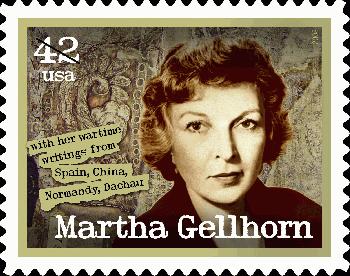#inspirationalmovies
This one might be too harsh to be inspirational. But you will have to judge that on your own. Million Dollar Baby (2004, Clint Eastwood) is a sports movie. A boxing movie. About hurt and suffering people.
As sports movie it goes pretty much as expected: we have a heroine who through hard work - mental and physical - gets to prove everybody how they were wrong about her abilities and character. Inspirational so far.
Even more, you get a story about several lives so empty and broken that the fight and success in the ring is the only way she perceives that allows self-realization and freedom. Then again, it's still brutal (and dangerous) fighting in men's world with other women... but who are we to question the dreams of well informed adults?
+ A movie where a woman in a central role is neither expect or made look conventionally pretty at any moment. Also, the sexist structures of the society (and sports!) are laid very bare.
+ The extremely multifaceted and talented Hilary Swank. Breathtaking!
- If you are sensitive to violence and not that into people having fist fights for fun (and money), the whole boxing context might result very crude and overwhelming.






